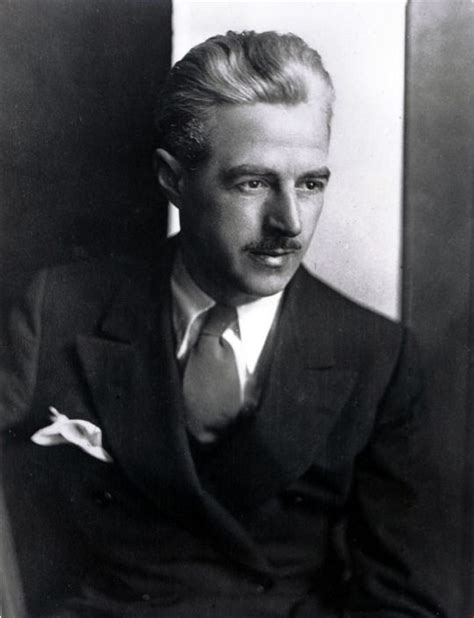A Quote by John Galsworthy
The law is what it is-a majestic edifice, sheltering all of us, each stone of which rests on another.
Related Quotes
The law is equal before all of us; but we are not all equal before the law. Virtually there is one law for the rich and another for the poor, one law for the cunning and another for the simple, one law for the forceful and another for the feeble, one law for the ignorant and another for the learned, one law for the brave and another for the timid, and within family limits one law for the parent and no law at all for the child.
Each member of society can have only a small fraction of the knowledge possessed by all, and...each is therefore ignorant of most of the facts on which the working of society rests...civilization rests on the fact that we all benefit from knowledge which we do not possess. And one of the ways in which civilization helps us to overcome that limitation on the extent of individual knowledge is by conquering intelligence, not by the acquisition of more knowledge, but by the utilization of knowledge which is and which remains widely dispersed among individuals.
I hate the calendar, which is both a circle and a straight line, a wheel and an arrow, grinding each anniversary, each day a reminder of my failures, my lost plans, unfulfilled objectives and wishes, the days aren't taken off the calendar, subtracted one by one, but added, another small stone accumulated, another foot moved ahead, the arrow flying forward instead of falling back to earth, when all I want is a complete stop.
Let's not even talking about chain migration, immigration, which is another trick, but all of these things are designed to penetrate the heart exactly is it has yours so that there can be a modification in the law, a moderation of the law here for this instance, and over here for another instance, and there for another.
There exists a law, not written down anywhere but inborn in our hearts; a law which comes to us not by training or custom or reading but by derivation and absorption and adoption from nature itself; a law which has come to us not from theory but from practice, not by instruction but by natural intuition. I refer to the law which lays it down that, if our lives are endangered by plots or violence or armed robbers or enemies, any and every method of protecting ourselves is morally right.
The true value of the Christian religion rests, not upon speculative views of the Creator, which must necessarily be different in each individual, according to the extent of the knowledge of the finite being, who employs his own feeble powers in contemplating the infinite: but it rests upon those doctrines of kindness and benevolence which that religion claims and enforces, not merely in favour of man himself but of every creature susceptible of pain or of happiness.






































